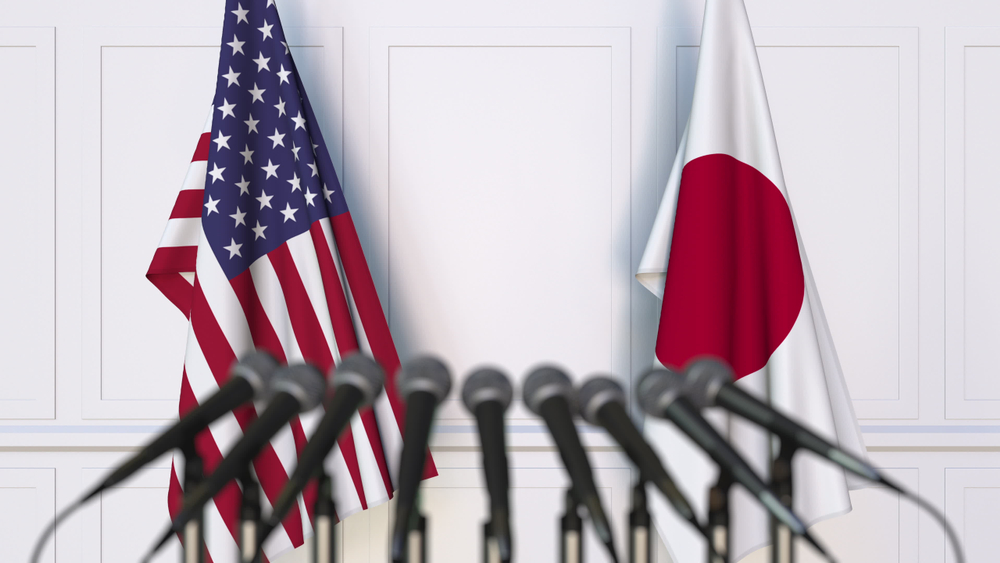
Rise of the stock market
The Topix rose as much as 2.1%, closing at a record 2,986.63, and the Nikkei 225 advanced 2.2% to reach 42,065.83, marking its highest level since July 2024.* The rally continued a bullish streak that began Wednesday when both indices gained over 3% in response to the unexpected announcement of a comprehensive trade pact between the United States and Japan.*
One of the winners is the auto sector, which accounts for over a quarter of Japan’s exports to the U.S., and responded with outsized gains. Toyota shares surged over 14%, and Honda jumped nearly 11%, contributing significantly to the Nikkei’s rise. The Topix rubber index, which includes tire makers, jumped 3.3%, while the transport equipment index surged over 11% in total.*
Banks also posted impressive gains, with the Topix banking index climbing 3.7%, the strongest among the 33 sectoral groupings.* Analysts noted that the resolution of trade tensions has reduced macroeconomic uncertainty, potentially paving the way for the Bank of Japan to resume interest rate hikes later this year, the first in nearly two decades. Traders are now pricing in a 57% chance of a rate hike in October.
Tariff Relief and Strategic Investment
The deal, confirmed on Tuesday by President Donald Trump and Japanese Prime Minister Shigeru Ishiba, reduces the tariffs on Japanese autos to 15%, down from the combined 27.5% that Trump had placed or threatened. Other goods previously set to face a 25% tariff from August 1 will also see duties reduced to 15%.
In exchange, Japan committed to a $550 billion investment package aimed at boosting U.S.-bound projects and enhancing supply chain resilience in key sectors, particularly those related to semiconductors and pharmaceuticals. Japanese state-backed institutions will finance much of this package through loans and guarantees.
Broader Economic and Political Implications
Bank of Japan Deputy Governor Shinichi Uchida welcomed the agreement, calling it “very big progress” in clarifying Japan’s economic trajectory. The deal could help cool off recession fears, which had intensified under the weight of global economic headwinds and persistent trade tensions.
Business groups also praised the outcome. Keidanren, Japan’s largest corporate lobby, issued a statement praising the agreement as a recognition of Japanese firms’ critical role in the U.S. economy. Meanwhile, Prime Minister Ishiba, fighting off speculation about his political future following a recent election setback, described the tariff reductions as “the lowest rate ever applied among countries that have a trade surplus with the U.S.”
The agreement also includes provisions for Japan to purchase 100 Boeing aircraft and to increase its annual defense spending with U.S. contractors to $17 billion, up from $14 billion. Additionally, Tokyo pledged to increase imports of American agricultural products and rice by 75%, while scrapping certain domestic safety requirements on U.S. vehicle imports that had been a longstanding barrier to market entry.
* Past performance is no guarantee of future results.




